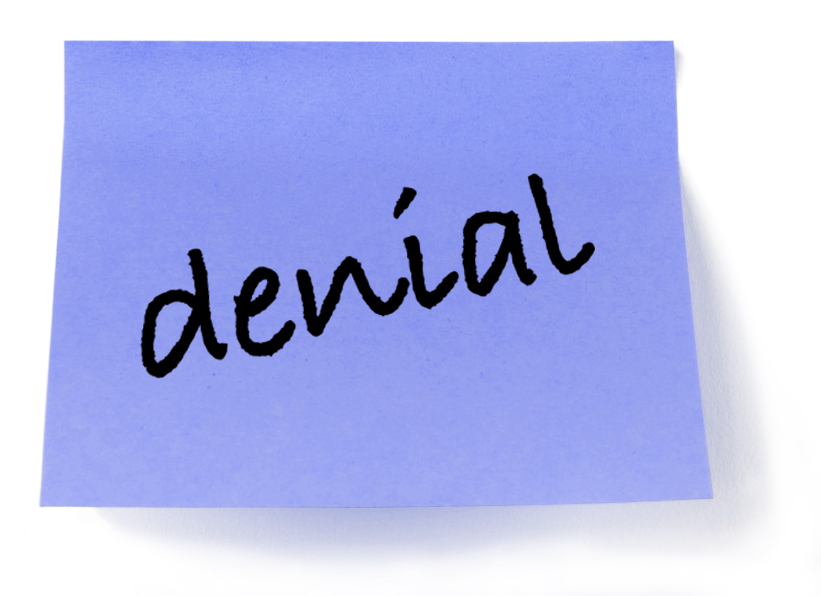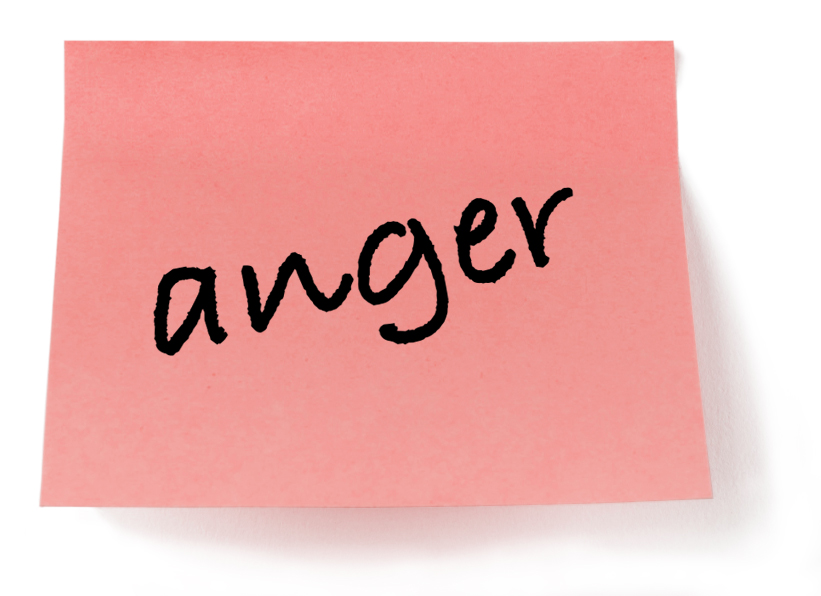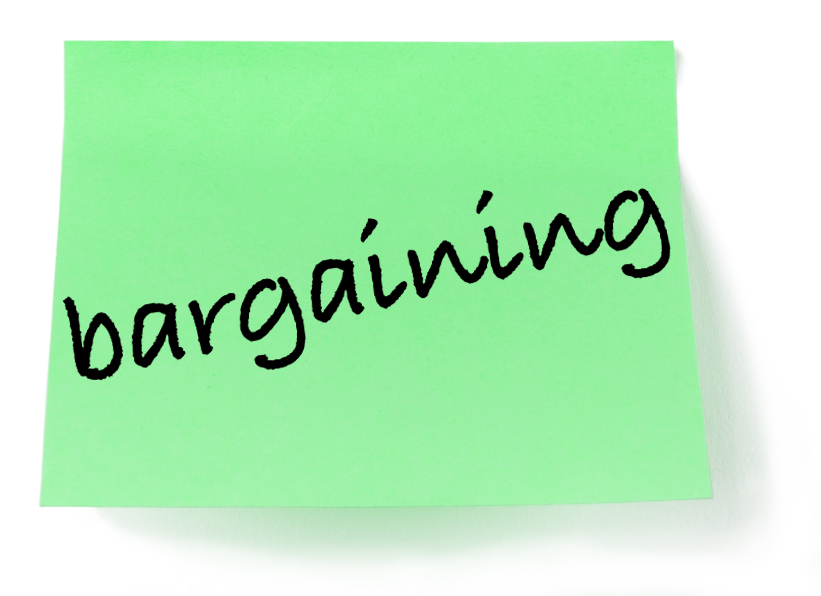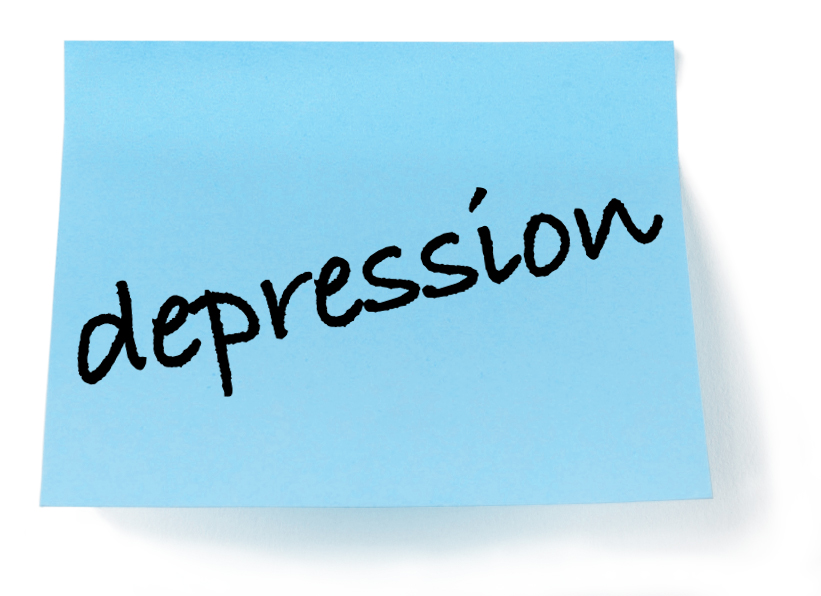Most of us, at one time or another, have been exposed to Elisabeth Kubler-Ross’s (1969) stages of grief. It’s not the most uplifting topic to think about, but most of us are familiar with these stages: denial, anger, bargaining, depression, and acceptance.
We grieve when we lose those who have been close to us; a friend; a parent, a spouse. It’s usually someone we loved very deeply, maybe even depended upon. It could also have been a group of people whose loss we are mourning: friends, colleagues, or an entire family.
We can also grieve the loss of things that were once very important to us: maybe a house, a neighborhood, or a community with which we developed a close attachment.
The loss of wealth or status can also be very challenging to bear. We’re asking them to let go of something that has been very important
What does an addict love more than all else? Who has been the addict’s closest friend, maybe even a lover? What has he or she been depended upon to get through difficult situations or to change feelings that were difficult to cope with? What is it that became that social lubricant that made us who we wanted to be? It almost sounds like a higher power – although not one that enriches a person’s life in the long run.
When a patient comes into treatment this is what we are asking them to say good-bye to. We’re asking them to let go of something that has been very important for a long time – to send their farewells to a crutch that has been relied upon and, at times, has felt very effective in allowing them to cope with life’s challenges.
Is it surprising that we encounter resistance? If patients can convince themselves that the problem is not that big, maybe, they think to themselves, that they can convince everyone that they’re in the wrong place.
Is it surprising that recovery is a grief process? Is it surprising that we encounter resistance in the form of:
 Denial: Sometimes we’ve lied. At other times we really were totally incapable of telling the truth. The latter is much more difficult to help an individual break through from.
Denial: Sometimes we’ve lied. At other times we really were totally incapable of telling the truth. The latter is much more difficult to help an individual break through from.
Is there a person in recovery who hasn’t withdrawn when first being made to take an honest look at the poisons we put in our bodies? Hasn’t every one of us wondered why we’re still alive?
Years ago, when a voice in the telephone told me that “your father didn’t make it,” I immediately thought that a mistake had been made. That part of the denial was short-lived. Actually realizing that my father was no longer around for me to bounce around the results of a Knicks game with took a lot longer. I thought and acted like he was still around for a very long time.
Maybe that has something to do with why changing the people, places, and habits in one’s life is so difficult. Thoughts and behaviors are slow to change.
It’s not just that we deny the frequency of use and the amounts of what we consumed. We also deny simple truths that get us back to using substances.
There are also feelings that using drugs or alcohol helped us cover-up. Perhaps denial is necessary until we’re ready to confront them.
Maybe it’s when we start to break through the denial that we start getting angry?
 Anger: Maybe the only thing that prevents us from resolving our issues is denying that anger exists.
Anger: Maybe the only thing that prevents us from resolving our issues is denying that anger exists.
Anger is a way to cover up emotional pain, particularly among males. It may even be necessary until a person has the resources to work through the pain.
It’s at this stage in the process during which a newly recovering person is particularly vulnerable to “picking up” or resorting to drugs once more. This is a time when support from friends and family is very important in preventing a recovering addict from relapsing.
 Bargaining: Those who lose a loved one often vow to better their actions. If a friend is lost it’s common to vow to become a better friend to the friends who remain. A parent who has lost a child is likely to vow to become a better parent to older or younger children.
Bargaining: Those who lose a loved one often vow to better their actions. If a friend is lost it’s common to vow to become a better friend to the friends who remain. A parent who has lost a child is likely to vow to become a better parent to older or younger children.
It may seem unfair to compare the heart-breaking bargaining that one experiences in grief to, “how much trouble could I possibly get into if I only have a Bloody Mary with Sunday brunch?”
Or maybe a new person in recovery is thinking that “I’m going to stop drinking, the first step sounds pretty good, but that’s as far as I need to go.”
There are so many bargains that newly recovering people can make, but the main thing that may save new people from getting stuck in this stage is to hear how effectively bargaining has worked for others.
 Depression: Continuously trying to change what can’t be changed, and not taking control of what can be changed, has been called learned helplessness (Seligman, 1992). This is a condition that is easy to create in animal laboratories and among human subjects. When humans have spent a lot of time and energy trying to complete tasks they perceive to be controllable, but aren’t, they give up. They stop trying. Even when given another task that is, in fact, controllable, they don’t try. Psychiatrists tend to put a label on people who stop trying: Depression.
Depression: Continuously trying to change what can’t be changed, and not taking control of what can be changed, has been called learned helplessness (Seligman, 1992). This is a condition that is easy to create in animal laboratories and among human subjects. When humans have spent a lot of time and energy trying to complete tasks they perceive to be controllable, but aren’t, they give up. They stop trying. Even when given another task that is, in fact, controllable, they don’t try. Psychiatrists tend to put a label on people who stop trying: Depression.
Have you ever watched a person with the disease of alcoholism fight to control their drinking? They never win. They also start losing control over what is controllable, like getting to work.
It is true that a newly recovering person may become self-pitying. After all, it can be overwhelming to start having to repair the wreckage created during active addiction.
But something changes in a major way. The addict has spent years fighting to control a disease that is not controllable. Accepting this sense of “powerlessness” stops the fight and allows the recovering addict to start to forgive themselves. Depression begins to lift.
It lifts even further when control over things like getting to work comes back. Relationships get better. Self-respect returns.
All of this doesn’t happen overnight: depression must be confronted and compassionately dealt with over time.
But it does get better.
And as life gets better, the next stage of the process begins.
 Acceptance: Sometimes people mistake acceptance for a kind of a “high.” It’s not. It’s not “self-actualization,” either. It’s an acceptance of life on life’s terms.
Acceptance: Sometimes people mistake acceptance for a kind of a “high.” It’s not. It’s not “self-actualization,” either. It’s an acceptance of life on life’s terms.
At some point there’s a realization that life without dependence on drugs is not only possible, but it can be better and more fulfilling than before. It gives rise to hope and faith. This occurs as the newly recovering person begins to enjoy the company of other sober people, makes new friends, laughs, and develops faith that a new and better life is possible.
It is important to note that these five stages don’t always work in sequence. Just when you thought that you’ve reached acceptance, a touch of anger or depression may creep in. Don’t let this discourage you. Working through this process takes practice. The more a person practices, the better life will become. You will soon find yourself laughing when you never thought you could.
There’s a big upside to recovery that makes it different than other forms of the grieving process. You will begin to enjoy the benefits of recovery very quickly. The Promises (see The Twelve Promises/reference below) begin to happen relatively soon. You will soon find yourself laughing when you never thought you could.
A few weeks after your last drink, or other drug use, you’re going to feel a whole lot better. It’s going to feel like a new experience, at least one that you haven’t experienced in quite a while. Thinking becomes amazingly clear. You’re going to like it!
Some time ago someone asked me, “How do you know when you’re using too many drugs?” I answered, “It’s when being sober seems like an altered state of consciousness.” I wasn’t kidding.
 Getting clean will allow your health to return – it will make sobriety your normal state of consciousness and way of being.
Getting clean will allow your health to return – it will make sobriety your normal state of consciousness and way of being.
People will start telling you how good you look. That also feels very good. If you have a picture of yourself right after that last use, keep it. Put it on your refrigerator. Look at it often. Self-esteem, integrity, and spirit will start to return. You will begin the process of getting to know yourself again.
You will start to like yourself again.




Leave a Reply
You must be logged in to post a comment.